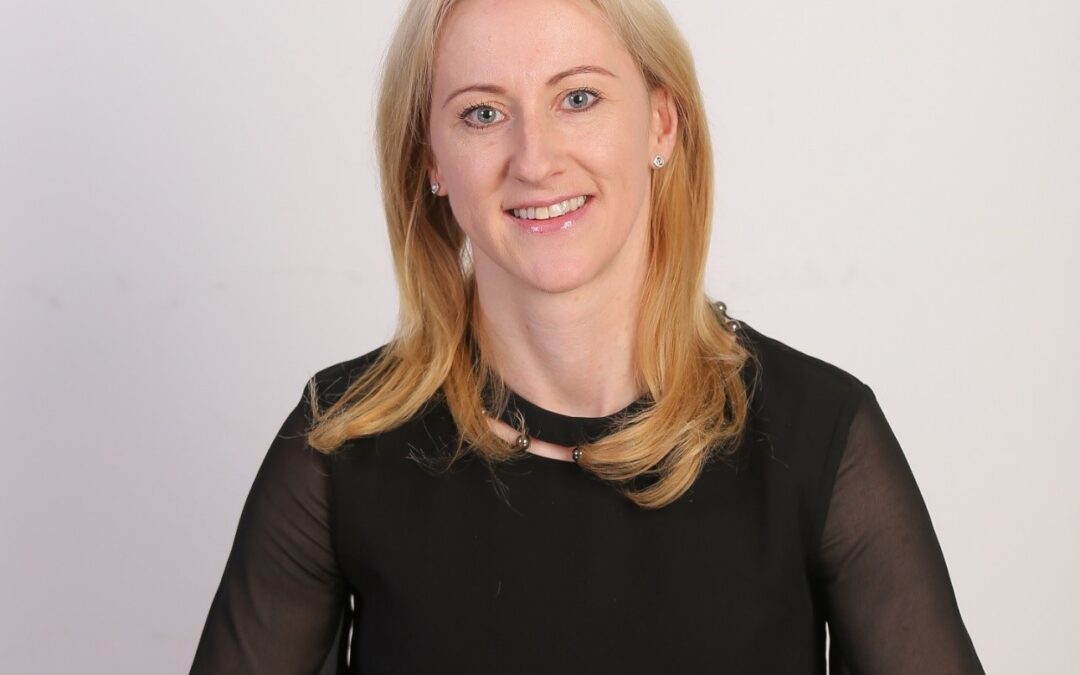RECOSI (Regional and European Co-Operative for Social Industry) is a social franchise operating in IT reuse. It was formed in Ireland in early 2014 by a group of like-minded individuals who sought to help develop social enterprises that operate mainly in the area of IT reuse and WEEE (waste electrical and electronic equipment).
Since that time, RECOSI has developed into a successful multinational company providing a range of innovative reuse services in the area of IT and WEEE across Ireland, the UK, USA and Europe. RECOSI is a premium reseller of high-quality refurbished laptops, desktops and IT equipment sourced from global corporations and government departments throughout Europe.[1]
RECOSI aims to deliver important social benefits to local communities and sustainable revenues while also benefiting the environment.[2]
What follows is a very informative interview with Dr Katja Zajko, a director and founding member of leading global social franchise RECOSI.
What is the social innovation RECOSI about?
RECOSI social innovation is about process innovation in the area of the refurbishing and reuse of ICT (laptops, desktops, monitors, etc.). It’s about providing a business model with a triple bottom line – creating economic, environmental and social impact. Through the sale of refurbished ICT, we provide jobs for disadvantaged and disabled people, who we integrate into the work process. At the same time we bridge the digital divide by offering low-cost ICT to schools and those who cannot afford it. We do all this as a social franchising model, which means that we scale our business in different geographical areas around the world.
Why did you (or your partners) start this social innovation?
We started our social innovation in Ireland because we felt that we could give something back to society and the environment. We provide low-cost, high-quality equipment and enable access to technology, providing real career opportunities to marginalised people and protecting the environment and resources through reuse. We then expanded into the US and Slovenia.
How did you come up with the idea? Was a creative or collaborative process involved?
The idea was born among three like-minded individuals in Ireland (myself and my two colleagues). Together we have more than 50 years’ experience in the area of ICT, both setting up social enterprises from scratch and in business development.
What were you afraid of at the beginning and how (if at all) did you overcome your fear?
The fear was about failure, not succeeding, but we overcame this with our confidence and long-term vision.
What were the beginnings of the social innovation? (i.e. how did you build your initiative, business, NGO from zero?)
We had challenging beginnings and put all our savings into the venture; we started from zero. In Ireland, where our company is based, it was much easier than in Slovenia. The Slovenian market is tougher, although it is changing.
How did you attract public attention to the issue you wanted to tackle and make others believe in your purpose and potential?
We attracted the local municipality in Slovenia, in Slovenska Bistrica, to help us with the space to start the business. We also attracted some other businesses. Our long-term experiences and connections helped us attract some multinational companies to begin partnering with us (for example, in Ireland and the US). Also very important was the charisma of each individual, which helped us to gain trust and belief in our idea.
How did you make sure that your idea actually fits the needs of the users?
We just knew based on our own needs and experiences in the ICT industry.
How did you raise the money for your idea and what is your advice for others considering DIY fundraising?
We earn nearly all our funds from the sale of equipment. When starting up, we used our own savings, and in Slovenia, we received 20K for start-up social enterprises. Because we employ disabled and disadvantaged people, we also get some support from the employment services.
How did you scale your social innovation and what tips for scaling could you share?
Our business was developed to be part of a social franchising model, and we have facilities in Ireland, the US and Slovenia. In Europe we currently sell our equipment to Ireland, Slovenia, the UK, Italy and Croatia.
How do you change the whole system?
Changing the system is very difficult; we needed to develop our own new system with processes and standards for scaling up our business.
What is the one piece of advice you would give to an aspiring social innovator, a member of the Social Innovation Academy, with only two things at the moment: a big heart and a willingness to do something?
Never give up your idea, and when you have fallen, which you will probably do during your innovation, always stand up, learn from your mistakes and follow your mission.

Katja Zajko, PhD is a director and founding member of global social franchise RECOSI, which operates in the area of ICT reuse. For the last 7 years she has been involved in developing and setting up social enterprises, operating in the reuse industry, in order to make them sustainable and less dependent on governmental support. With her international business experience and working abroad, she is in charge of expanding the network. She is currently developing the RECOSI social enterprise in Slovenia.
Katja holds a PhD in the area of social entrepreneurship and reuse organisations. She also achieved a Certificate of Completion from the E-Waste Academy, issued by the United Nations University and the University of Limerick.
Would you like to learn more from other inspiring social innovators?
Check out the Social Innovation Academy – the first fully online management training programme focusing exclusively on social innovation.
If you are interested in keeping up with the project, you can subscribe to our newsletter, become one of our friends or follow us on social media (LinkedIn, Twitter and Facebook). We welcome all requests for collaboration here.


